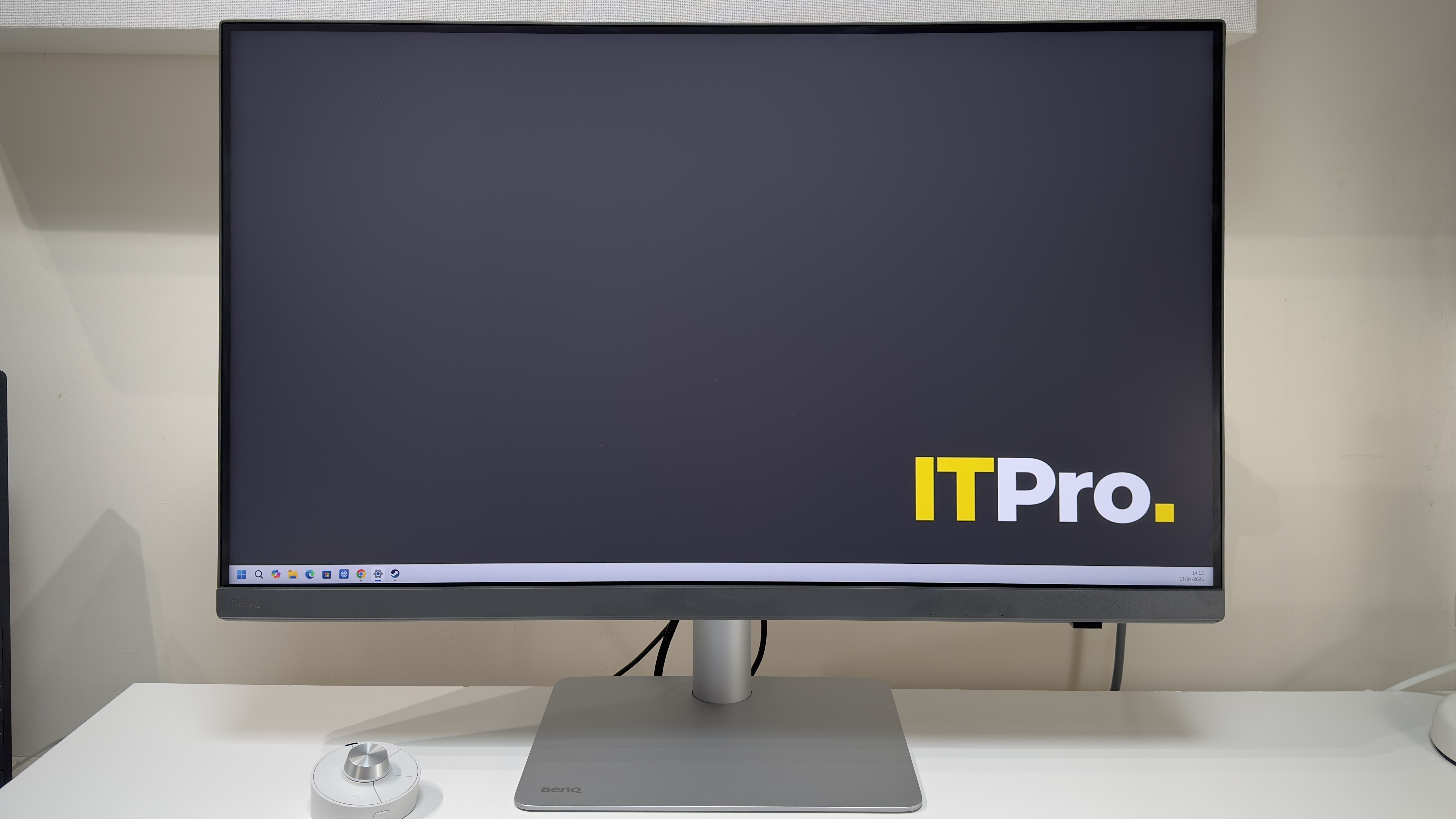A 60-hour week to ramp up AI development? Google co-founder Sergey Brin claims this is the 'sweet spot of productivity' – but developers are already burned out and overworked
Brin called on developers to up their hours to help win the AGI race. But is this a viable strategy? The numbers say different


Ross Kelly
Google co-founder Sergey Brin has urged employees to increase their hours to 60 per week in a bid to drive AI development at the tech giant.
According to a leaked memo to staff, viewed by The New York Times, Brin asked workers to come into the office every weekday to help win the generative AI race against industry competitors such as Microsoft and OpenAI.
Brin insisted the tech giant has to 'turbocharge' its efforts in the battle against competitors, adding that longer hours were essential.
"60 hours a week is the sweet spot of productivity," he wrote. "A number of folks work less than 60 hours and a small number put in the bare minimum to get by," he added. "This last group is not only unproductive but also can be highly demoralizing to everyone else."
Brin also noted that engineers should use Google's AI models to help write their code, making them "the most efficient coders and AI scientists in the world."
The call for more hours of work comes despite an increase in developer burnout, which has become a serious issue across the industry in recent years. Reports and research have found developers pushed to breaking point due to a combination of growing workloads and workforce cuts.
According to JetBrains' State of the Developer Ecosystem report, nearly three-quarters of developers have experienced burnout at some point in their career.
Get the ITPro daily newsletter
Sign up today and you will receive a free copy of our Future Focus 2025 report - the leading guidance on AI, cybersecurity and other IT challenges as per 700+ senior executives
But this isn't just bad news for developers, it's bad news for employers too, increasing staff turnover and hitting the bottom line. Research from Harness' State of Developer Experience report last year found that burnout within the profession is costing companies as much as $1 trillion per year, and is the reason that more than half of software developers quit.
More than four-in-ten said they didn't have enough time for learning and development, while 62% were dealing with 'scope creep': expanding requirements and meaning they're taking on more, with less confidence that they can achieve what's required.
"As a largely ignored portion of our workforce, developers are underappreciated, overworked, and, in turn, leaving their jobs," a spokesperson said.
It remains to be seen whether Brin's influence will be enough to get Google employees to routinely work 60-hour weeks. Or whether this will indeed help advance the company's AI strategies. But if the Harness research is to be believed, a better strategy might be to simply hire more developers instead.
The average number of working hours for the US has fallen slightly over the last five years, but is still high compared with the rest of the developed world. According to Gallup figures, employees worked 42.9 hours per week in 2024, down from 44.1 in 2019. There's been a bigger drop amongst young people, and this, Gallup suggested, is likely driven by a desire for a better work-life balance.
The battle for productivity gains rages on
Brin isn't the first big tech figure to spark controversy over working conditions and the demands placed on employees, and he likely won't be the last.
This sharpened focus on worker 'productivity' has been grumbling away in the background for some time now, with firms pinning the supposed 'dip' in efficiency on remote working. Combine this with the manic industry-wide push on AI development, and you have a confluence of issues that is pushing employees to breaking point.
Last year, for example, former Google CEO Eric Schmidt attributed the company's lax performance in the generative AI race to the fact that employees were working from home and not in the office.
During a talk at Stanford University, Schmidt slammed the remote work policy, comparing Google's "work-life balance" mindset to that of a startup where employees "work like hell". This, he suggested, was the reason for their success and a key factor behind Google's failure to catch Microsoft.
While Schmidt backtracked on the comments, critics noted at the time that this appeared to highlight a pervasive issue among big tech executives – that they simply don't believe that remote workers can be productive.
A host of major tech companies, including Amazon and Dell Technologies, have implemented return-to-office (RTO) mandates over the last 18 months, much to the disappointment of employees. Although employees have pushed back against these frequently, big tech executives have stood firm on the matter.
MORE FROM ITPRO
Emma Woollacott is a freelance journalist writing for publications including the BBC, Private Eye, Forbes, Raconteur and specialist technology titles.
- Ross KellyNews and Analysis Editor
-
 Why are many men in tech blind to the gender divide?
Why are many men in tech blind to the gender divide?In-depth From bias to better recognition, male allies in tech must challenge the status quo to advance gender equality
By Keri Allan
-
 BenQ PD3226G monitor review
BenQ PD3226G monitor reviewReviews This 32-inch monitor aims to provide the best of all possible worlds – 4K resolution, 144Hz refresh rate and pro-class color accuracy – and it mostly succeeds
By Sasha Muller